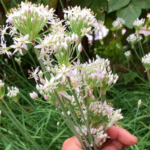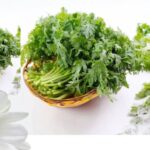The lotus, a common plant in many Vietnamese villages, offers not just aesthetic value but also serves as a valuable source of food and medicine. In traditional medicine, almost every part of the lotus plant is utilized to create remedies, each with its unique name: lotus seeds (‘lien nhuc’), lotus stamens (‘lien tam’), lotus receptacles (‘lien phong’), lotus stamens (‘lien tu’), and lotus rhizomes (‘lien ngu’). Harvesting these parts often involves drying or sunning to ensure long-term preservation.
Here are some of the remarkable benefits of the lotus that you may not be aware of:
Reduces Blood Sugar Levels
Research indicates that compounds found in lotus leaves and seeds can effectively lower blood sugar levels. Specifically, lotus seeds are low in calories but rich in fiber, making them an excellent choice for managing blood sugar. Additionally, the alkaloid present in lotus stamens helps mitigate post-meal glucose spikes. Studies have demonstrated that consuming tea made from lotus stamens can aid in blood sugar control and provide therapeutic benefits for diabetic patients.
Lotus leaves have also been proven to regulate blood sugar, preventing hyperglycemia and dyslipidemia in diabetic individuals. Incorporating lotus leaves and seeds into the diet can be a valuable adjunct therapy for diabetes management. However, it is essential to consult a healthcare professional before consuming them as a precautionary measure.
While not conclusively proven, lotus flowers are also believed to possess anti-diabetic properties, possibly due to their antioxidant content.
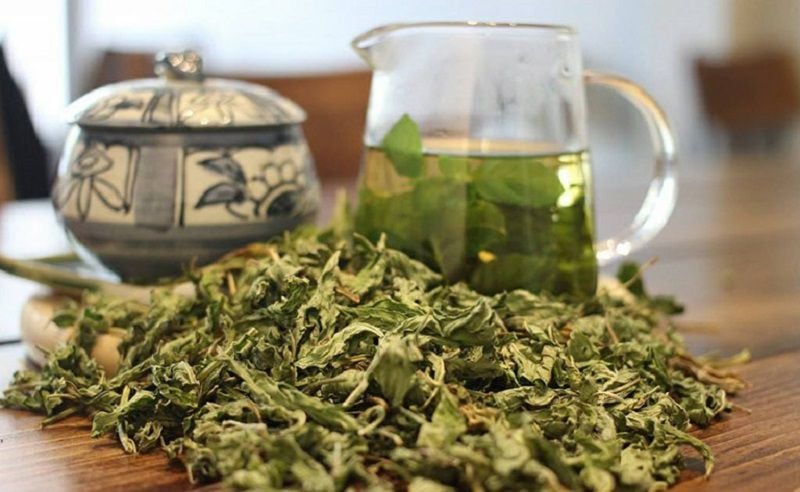
Although there is no definitive conclusion, lotus flowers are believed to have anti-diabetic properties.
Cancer Prevention
Lotus flowers are not just aesthetically pleasing but also possess cancer-preventive properties. According to studies, this flower is an excellent source of vitamin C, a potent antioxidant that helps ward off cancer and other life-threatening conditions such as cardiovascular disease and stroke.
A 2014 study discovered that neferine, a compound extracted from lotus leaves, exhibits antiviral properties and exerts an inhibitory effect on lung cancer cells. Neferine not only destroys these cancer cells but also prevents their metastasis, offering promising prospects for future lung cancer prevention and treatment.
Liver Benefits
In modern medicine, lotus leaves are recognized for their ability to prevent fat accumulation in the liver, providing protective and detoxifying effects. The leaves contain 0.77 – 0.84% alkaloids, 0.2 – 0.3% tannins, succinic acid, citric acid, quercetin, and isoquercitrin.
Lotus seeds have also been shown to benefit the liver due to their lipid-lowering properties and their ability to support the treatment of fatty liver disease.
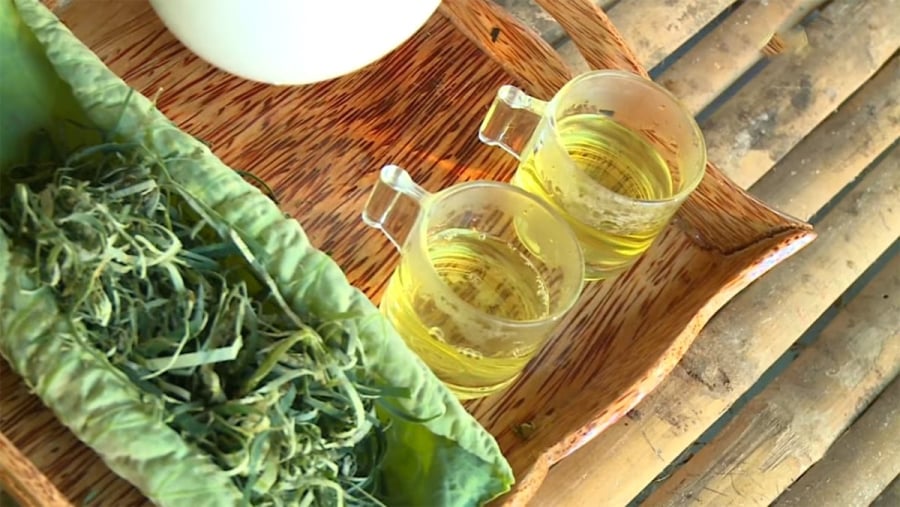
Modern medicine acknowledges the liver-protective properties of lotus leaves.
Treats Anemia and Promotes Bone Health
Research has revealed that lotus petals contain components that effectively regenerate blood cells, making lotus flowers a common choice for treating anemia. Additionally, the flower is beneficial for bone health due to its high phosphorus content, which is essential for strong bones and the prevention of osteoporosis, particularly in the elderly.
Lowers Blood Fat Levels
Studies suggest that lotus leaves can effectively reduce blood fat levels. The leaves contain tannins, alkaloids, nuciferin, vitamin C, and acids such as citric, tartaric, and succinic acids. These compounds work together to eliminate excess fat in the blood, contributing to improved cardiovascular health.
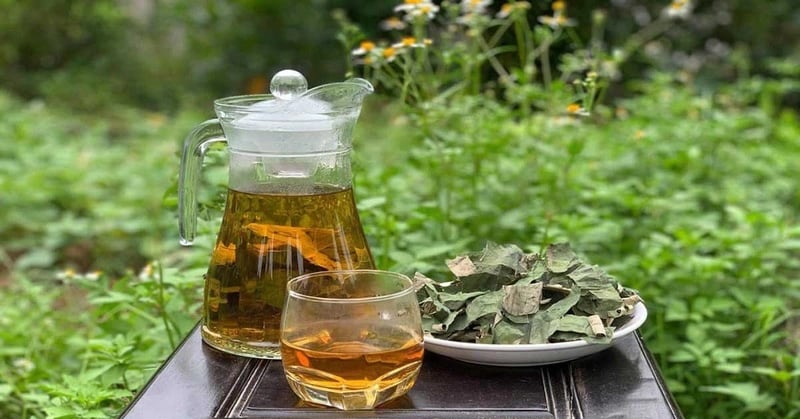
Research indicates that lotus leaves can effectively lower blood fat levels.
Aids in Sleep Disorders
Lotus seeds and leaves have long been recognized for their sedative properties and ability to enhance sleep quality. Asparagine, an amino acid found in lotus leaves and stamens, along with alkaloids like nuciferine, liensinine, and nelumbine, promote longer sleep and mental stability. The bitter taste and cooling properties of lotus leaves also help reduce ‘fire’ and alleviate stress, thereby providing a natural remedy for insomnia. Regular consumption of lotus seeds and leaves can lead to deeper and more restful sleep.
However, to avoid adverse effects, it is advisable to consult a physician and use these remedies appropriately and in the correct dosages.
Digestive Support
Lotus seeds have been revered as a valuable medicinal resource since ancient times, offering benefits such as nourishing the body, strengthening the spleen, and aiding digestion. They are particularly rich in macronutrients, essential amino acids, minerals, vitamins, and antioxidants.
According to experts, individuals with digestive issues may find relief by drinking tea made from lotus stamens, as it is a rich source of fiber, which improves digestive processes.
The Ultimate Superfood: Nature’s Gift to Kidney Health
At first glance, this vegetable is a sight for sore eyes. Its vibrant colors and fragrant aroma hint at the nutritional powerhouse that it is—a veritable cornucopia of vitamins and minerals, with a particular reputation as a natural tonic for kidney health. But, despite its impressive résumé, you’d be forgiven for not recognizing it by name.
“Supercharge Your Health with This Winter Veggie: A Bunch of This Is Equal to Ten Dandelion Bouquets — Don’t Miss Out!”
This vegetable is a seasonal delight, thriving in the cooler months of autumn and winter. It boasts an impressive array of health benefits, making it a true superstar in the world of nutrition. With its fresh, crisp flavor and abundant nutrients, it’s no wonder this vegetable is a favorite during the colder season.
The Best Sunscreen for Dry Skin: A Moisturizing Must-Have
To effectively protect your skin from harmful external factors, sunscreen is a must-have in your daily skincare routine. With a myriad of options available, it’s essential to choose the right sunscreen for your skin type. If you have dry skin, pay close attention to the suggestions in this article, as we will be exploring the best sunscreens tailored to your skin’s needs.
The Ultimate Guide to a Wild Herb’s Healing Powers: Unveiling an Uncommon Cure for Hepatitis B
Studies have shown that the herb Phyllanthus, also known as Phyllanthus niruri, contains compounds that exhibit potent antiviral properties against the hepatitis B virus. This traditional medicinal plant has been used for centuries in various cultural practices and is now being recognized for its potential in modern medicine.

























